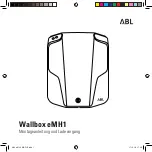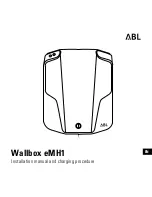
2-46
NOTICE:
Don’t drive in SECOND (2) for more than
25 miles (40 km), or at speeds over 55 mph
(90 km/h), or you can damage your transaxle.
Use THIRD (3) or AUTOMATIC
OVERDRIVE (D) as much as possible. Don’t
shift into SECOND (2) unless you are going
slower than 65 mph (105 km/h) or you can
damage your engine.
NOTICE:
If your vehicle seems to start up rather slowly,
or if it seems not to shift gears as you go faster,
something may be wrong with a transaxle system
sensor. If you drive very far that way, your
vehicle can be damaged. So, if this happens,
have your vehicle serviced right away. Until then,
NOTICE: (Continued)
NOTICE: (Continued)
you can use SECOND (2) when you are driving
less than 35 mph (55 km/h) and THIRD (3) for
higher speeds.
FIRST (1): This position gives you even more power (but
lower fuel economy) than SECOND (2). You can use it on
very steep hills, or in deep snow or mud. If the selector
lever is put in FIRST (1), the transaxle won’t downshift
into first gear until the vehicle is going slow enough.
NOTICE:
If your front wheels can’t rotate, don’t try to
drive. This might happen if you were stuck in
very deep sand or mud or were up against a solid
object. You could damage your transaxle.
Also, if you stop when going uphill, don’t hold
your vehicle there with only the accelerator
pedal. This could overheat and damage the
transaxle. Use your brakes or shift into PARK (P)
to hold your vehicle in position on a hill.
Summary of Contents for 2000 Venture
Page 1: ......
Page 188: ...2 84 The Instrument Panel Your Information System...
Page 397: ...Scheduled Maintenance 7 7...
Page 398: ...Scheduled Maintenance 7 8...
Page 415: ...7 25 Maintenance Record DATE ODOMETER READING SERVICED BY MAINTENANCE PERFORMED...
Page 416: ...7 26 Maintenance Record DATE ODOMETER READING SERVICED BY MAINTENANCE PERFORMED...
















































